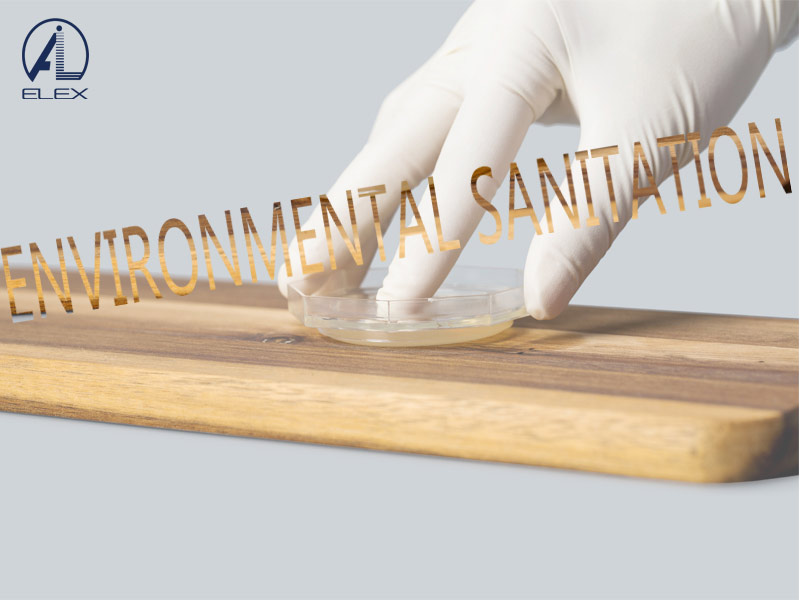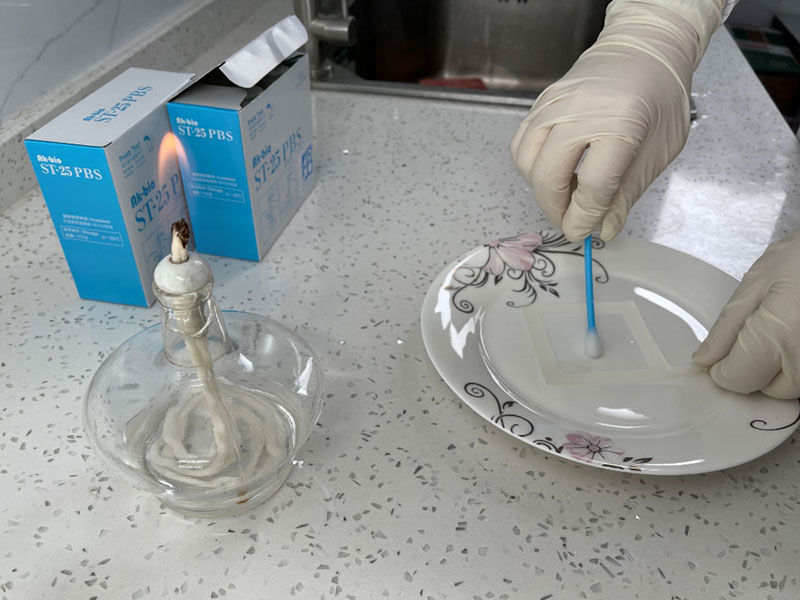With the development of social economy and the improvement of people's living standards, the safety and health of food have also attracted much attention and attention. There are many factors that affect food safety and health, the most serious of which is microbial contamination. According to relevant statistics, there are about 1.4 billion cases of diarrhea caused by microorganisms and bacteria in the world every year, and most of the diarrhea is caused by eating spoiled food infected by microorganisms. This shows that food microbiological testing is extremely important.
Food microbiological testing mainly uses medical, physical and biological methods to analyze the impact of microorganisms on human health in a comprehensive and in-depth manner. Carrying out scientific and effective food microbiological inspections can timely grasp the contamination of food, determine whether the food is safe, let people eat healthy and safe food, and avoid unnecessary economic losses and adverse social impacts. At the same time, if there is no food microbiology testing, once a food safety accident occurs, it will be difficult for medical staff to find out the cause of the disease in a timely and accurate manner, which will affect the patient's physical recovery. Accurate and complete food microbiological inspection data can also provide evaluation basis for hygiene. In addition, the Food Hygiene Inspection Law also clearly puts forward the relevant standard requirements for food microbiological inspection.
Therefore, food microbiological inspection is very important, and its inspection must be carried out in strict accordance with relevant laws, regulations and standards, minimize errors as much as possible, ensure the accuracy and timeliness of inspection data, and truly provide consumers with healthy and safe food. Finally, through food microbiological inspection, it can be determined whether the entire food processing and production environment and process meet the standards and whether the food sanitation environment is effectively guaranteed. If it does not meet the requirements, it must be promptly ordered to rectify. According to the results of food microbiological inspections, the degree of bacterial contamination of the food can be determined in time, providing a basis for relevant departments to carry out hygiene management work. This can effectively prevent the occurrence of food poisoning, infectious diseases and other accidents, and also enable relevant departments to timely prepare targeted preventive measures and emergency plans.
 A Tentative Study on the relevance of HACCP certification and infection control in hospital
A Tentative Study on the relevance of HACCP certification and infection control in hospital
 Environmental Sanitation Microbiology Testing
Environmental Sanitation Microbiology Testing
 Microbiology Test in Food Industry
Microbiology Test in Food Industry
 The Applicability of High-quality Ready-to-use Swab Sampler for Tableware Sampling and Public Places Supplies and Utensils Microorganisms
The Applicability of High-quality Ready-to-use Swab Sampler for Tableware Sampling and Public Places Supplies and Utensils Microorganisms
 Spike Experiment of DNP Culture Media Plate Based on Ice Cream
Spike Experiment of DNP Culture Media Plate Based on Ice Cream

